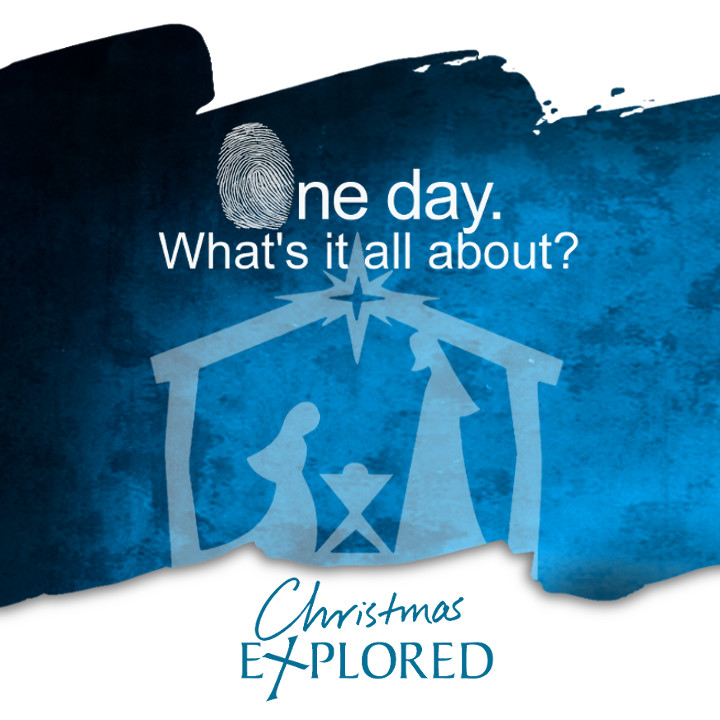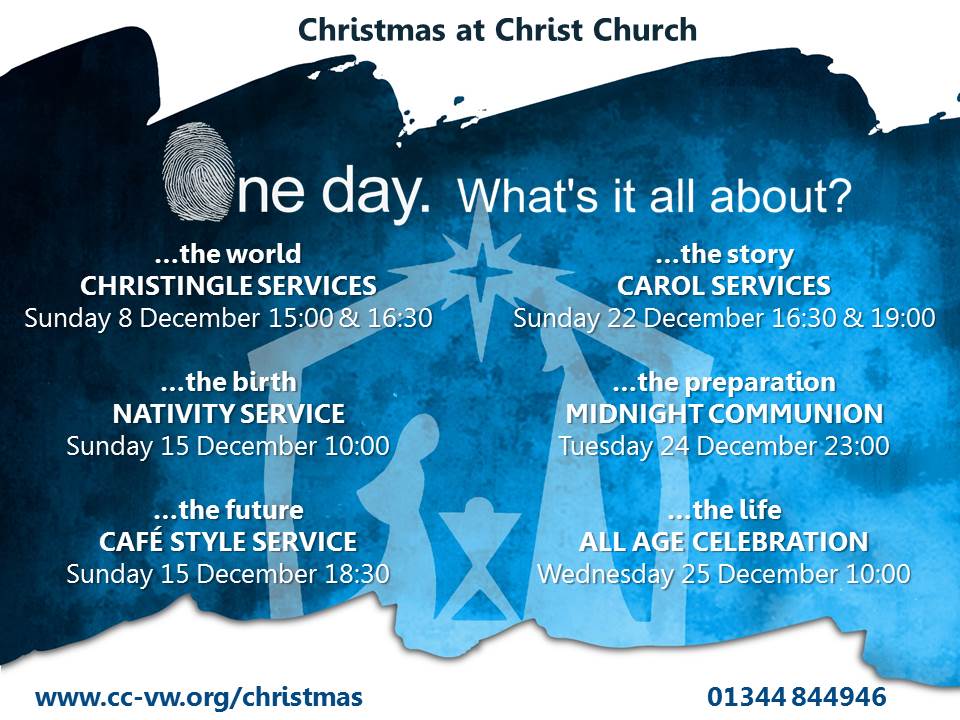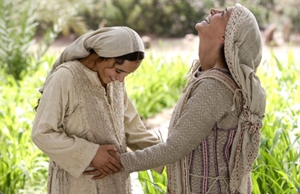 I modestly suggest ten rules for the introduction of new music without pain, if sensitivity and careful explanation are used in the exercise.
I modestly suggest ten rules for the introduction of new music without pain, if sensitivity and careful explanation are used in the exercise.
- The best in traditional hymnody should be preserved and used. Much modem worship may supplement the old, but it cannot possibly replace it.
- New songs should be biblical in emphasis and in actual wording.
- Heavy use should continue to be made of the Psalms (in one form or another). This is our only God-given hymn book.
- The music should be appropriate to the words. This is easier to feel than to define—but we all know when it happens, and when it doesn’t.
- There should be a judicious mixture of styles, age, rhythm, length of hymns, shortness of songs, etc.
- At least some of the hymns and songs should be credal, confessional and Christological (ie stating the great facts that we believe, especially about Jesus). Traditional examples are ‘At the name of Jesus.’ Splendid modern examples are ‘These are the facts as we have received them’, ‘Jesus is Lord! creation’s voice proclaims it’, and the more brief ‘God has highly exalted Jesus’.
- At least one hymn or song should be trinitarian (ie proclaiming the persons of the Godhead and what they mean to us). Traditional examples are ‘Thou whose almighty word’ and ‘God is in his temple’. It is significant that many of the modem songs are specifically trinitarian: ‘Holy, holy, holy is the Lord’, ‘Father, we adore You’, and ‘Father, we love You’ to quote but a few.
- There should be a balanced mixture of the objective (what God is, whether anyone believes it or not) and the subjective (how we feel about it and what we experience when we believe it).
- Use the right instruments for the appropriate words.
- If you can’t find any modern hymns to fit your sermons, there’s probably something wrong with your sermons. If you have the same problem with traditional hymns, quit preaching.



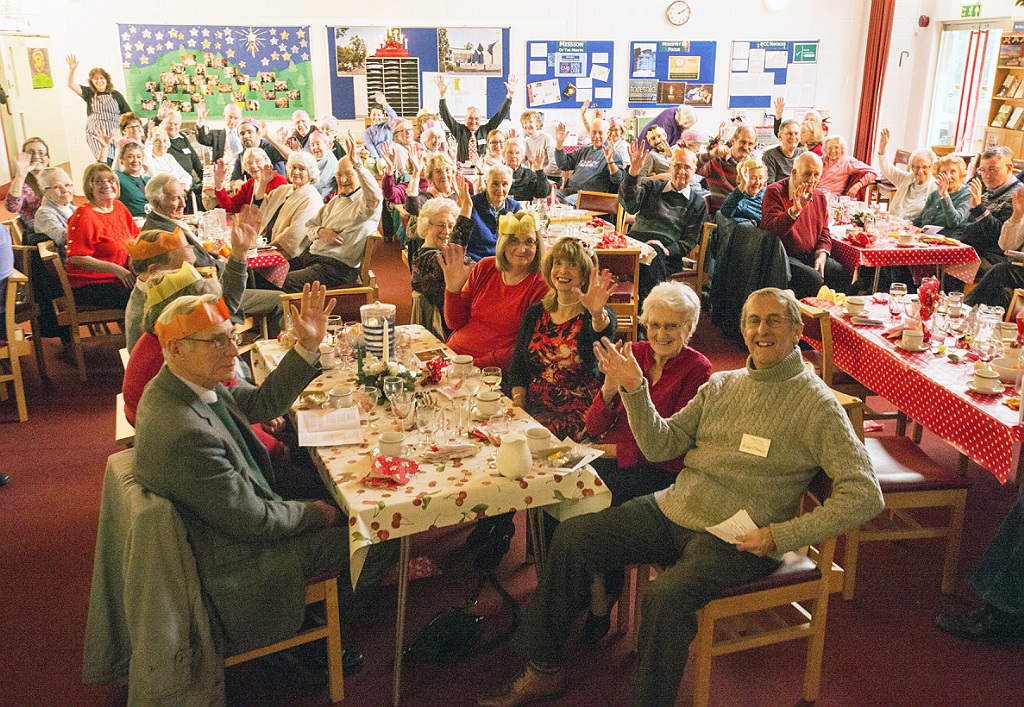
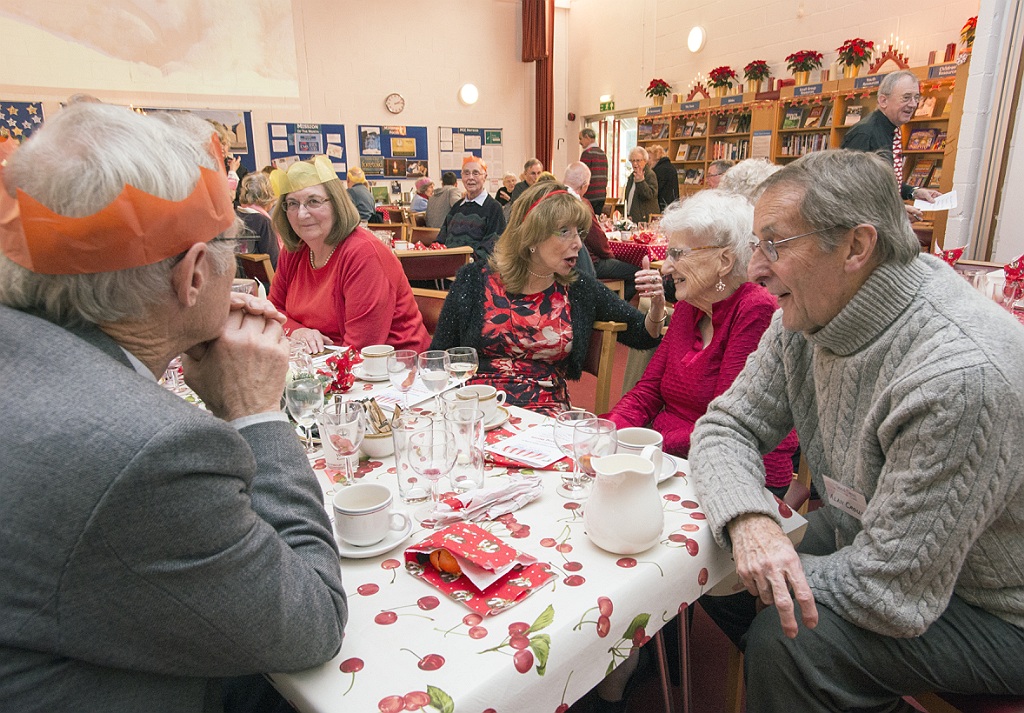

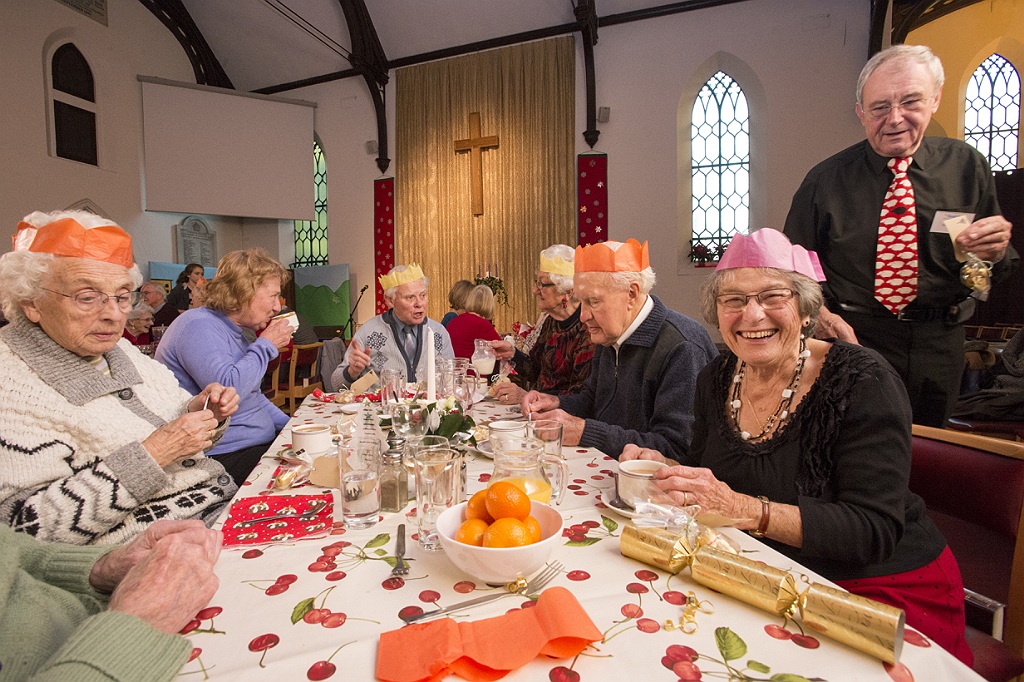
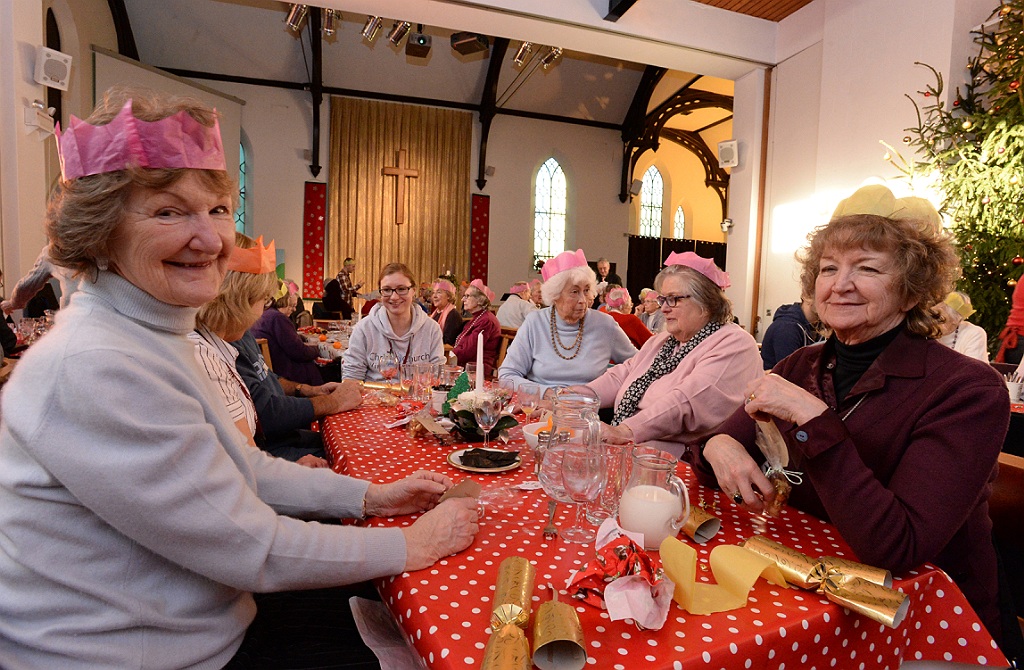

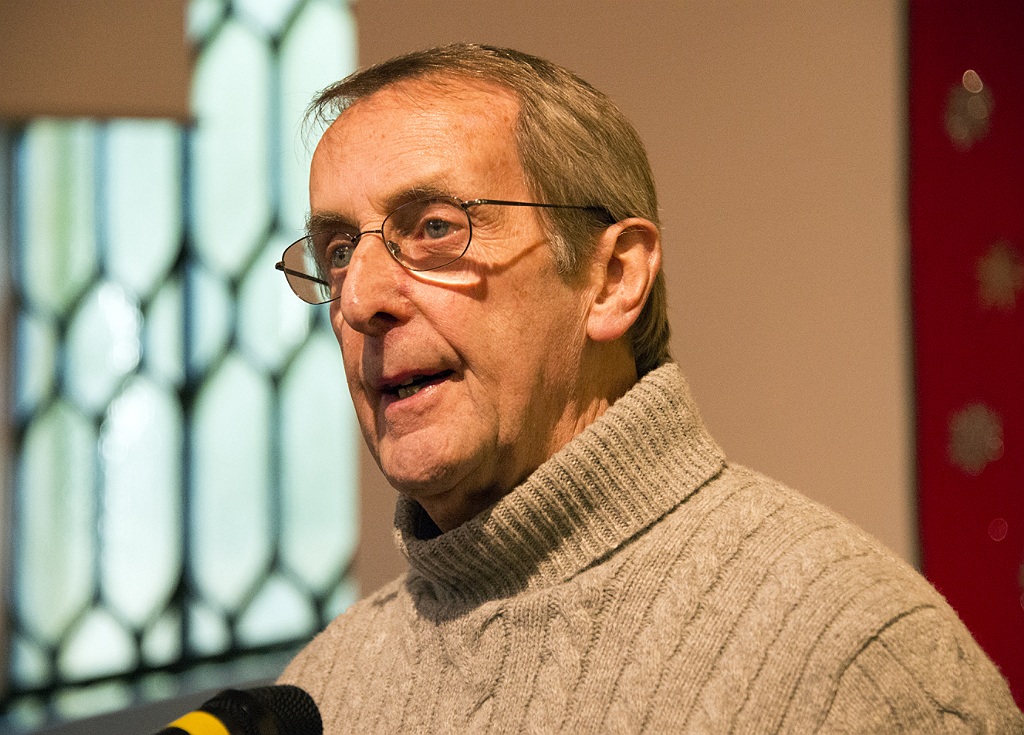
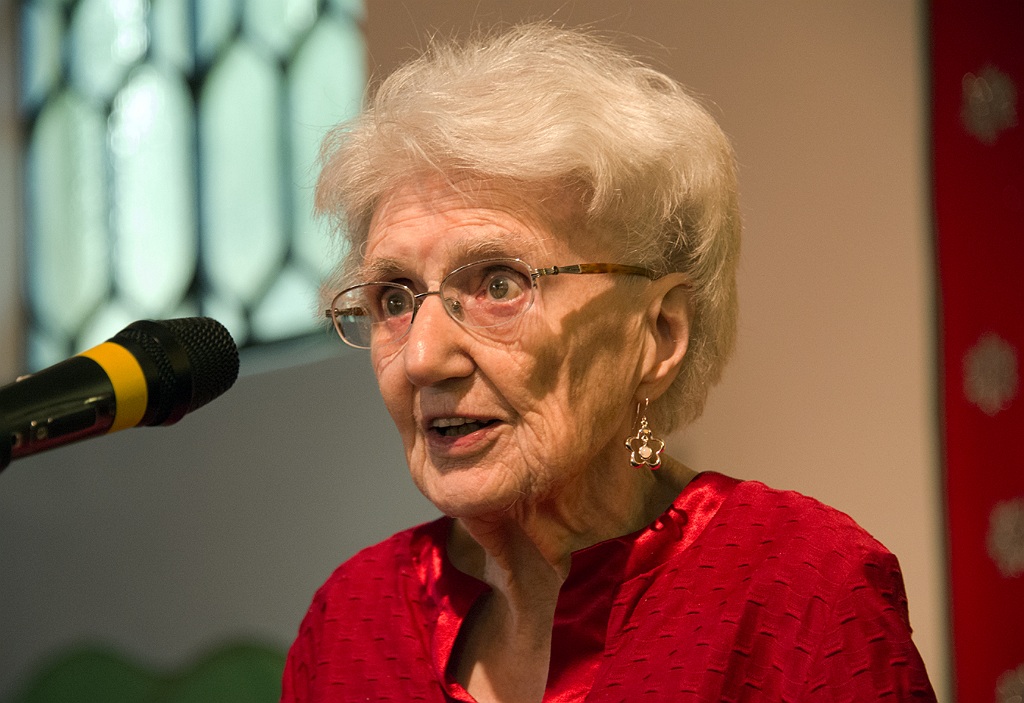
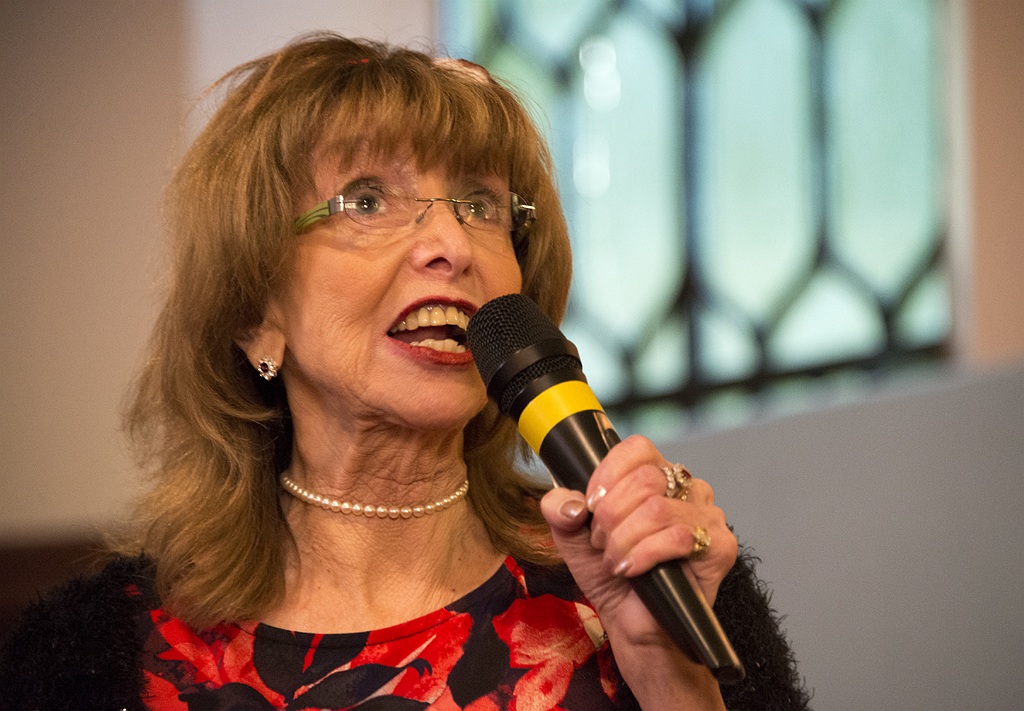


 Why do we smile when we see a baby, even when we are having a bad hair day? Have you ever wondered what it is about babies that melts our hearts? Why are we instinctively drawn toward babies? Is it because a new person has come into the world? The thought that this person is unique? Is it the sight of their tiny hands and feet so perfectly formed? Is it their vulnerability? Their big blue or brown eyes?
Why do we smile when we see a baby, even when we are having a bad hair day? Have you ever wondered what it is about babies that melts our hearts? Why are we instinctively drawn toward babies? Is it because a new person has come into the world? The thought that this person is unique? Is it the sight of their tiny hands and feet so perfectly formed? Is it their vulnerability? Their big blue or brown eyes?